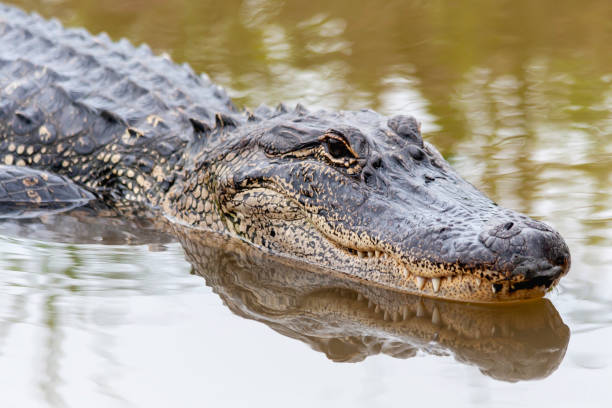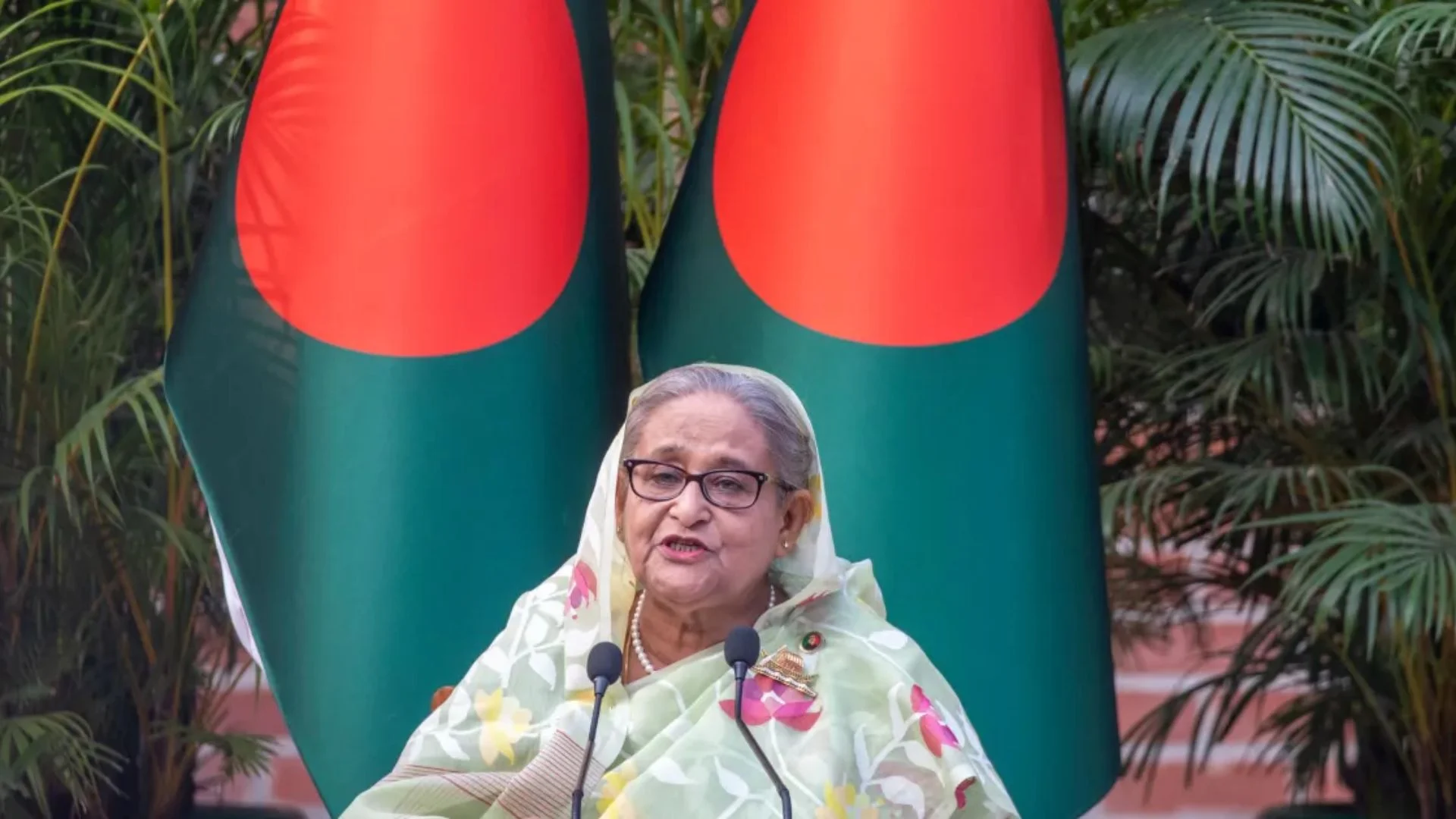The National Chambal Reserve Forest was set up on the banks of the Chambal at the tri-junction of Madhya Pradesh, Rajasthan and Uttar Pradesh. The area has become a natural home to alligators that had been on the verge of extinction before the reserve forest was set up. Spread over 5,400 square km (2,100 square miles) area, the Chambal river flows through the veins of the uneven ravines and craggy hillocks that lie around the forest. This waterway covers around 425 km in the region. And on its sandy banks, many aquatic animals flourish. According to a report of the Wildlife Trust of India, the largest number of crocodiles in the country is present in the river. Not only this, the Red Crowned Roof Turtle and the endangered Ganga dolphins breathe in this river. Eight out of 26 rare species of turtles found in the country are available in this watercourse. As well as being a home to crocodiles and alligators, the Chambal Sanctuary is listed as an important shelter for birds. More than 320 local and migratory feathered friends warble, hiding in the dark green bushes of this woodland. This is the only known place where nests of Indian skimmers are found in large numbers.
Sanctuary reverberates with chants of winged pipers
As winter sets in, the Chambal sanctuary is echoed with the trills of winged guests. Besides, there are thousands of baby crocs that lie on the sandy shores of the river under the sunlight. According to officials of the Forest Department, nearly 7,000 baby alligators have been seen in 70 km area. At present, the department has deployed personnel to protect these little alligators. Locals have also been engaged to help the forest department to look after these baby alligators. Once they grow up, they will be counted and released in the river and, only then, their number will be known, says an official. Chambal is one of the pollution-free rivers of India. It originates in the Singar Chouri peak of the northern Vindhya mountains, and then, after flowing for about 346 km in a northerly direction, it moves into Rajasthan. Here, after flowing for about 225 km, the river embraces the Yamuna in Etawah district of Uttar Pradesh. It is a rain-fed water body, and its basin is surrounded by the chains of Vindhya ranges and those of the Aravalli. The Chambal and its tributaries – the Banas, the Kali Sindh and the Parvati–flow through the Malwa region of north-western Madhya Pradesh. Madhya Pradesh has nine national parks and 25 sanctuaries spread over 10,862 square km, which is 11.40% of the total forest cover of the state.
Alligator is a distant relative of crocodile
The scientific name of alligators is Gavialis Gangeticus. Both alligators and crocodiles come from the reptile class and both are amphibians. It signifies both can live in water and on land. Both are coldblooded and carnivorous. Alligators are found in the rivers of the northern plains of the Indian continent. A few decades ago, the number of alligators and crocodiles decreased in India, but because of conservation, their number has significantly gone up. In India, alligators are mainly found in the Ganga, the Yamuna, the Sone, the Narmada, the Chambal and in the Ramganga. The breeding season for this animal begins in late winter and, in the spring, the females build nests on moist sand to lay eggs. The number of eggs female crocodiles lay ranges from 20 to 95 pieces. Being a cold-blooded creature, their body is unable to adapt to the temperature of the environment, so in winter mornings and in evenings, they are seen sunbathing on the banks of rivers, but, in the day, they go into the water as soon as the sun rises. The length of male crocodiles is between three and six meters. The length of a female one is between 2.5 and five meters.
Difference between alligator and crocodile
An alligator looks like a crocodile. So, people often fail to make any difference between them and belong to different families. Apart from this, there are many other features that differentiate the two from each other. An alligator’s snout is pointed, and it opens in a V shape, but a crocodile’s is wide, and it opens like a U shape. Alligators are found in fresh water especially in rivers, but crocodiles are found in fresh water as well as in salt water. There is a pot-shaped form on the snout of a male crocodile, but there is no such shape on the snout of an alligator. The maximum size of an alligator is 18 feet, and that of a crocodile is more than 20 feet.
Why is an alligator called Gharial?
There is a pot-like structure on the snout of an alligator. That is why it is called Gharial. Gharial or alligator is also a kind of crocodile, but because of some of its specialties, it is different from a croc. In common parlance, a Gharial is called a fish-eating croc. A crocodile is a dangerous carnivorous animal which directly swallows its prey. Crocodiles are often found in tropical areas like Africa, Asia, America, Australia and considered distant relatives of dinosaurs and birds. They are the largest the largest reptiles on the planet, measuring up to 20 feet long and weighing as much as 2,600 pounds. Although the length of some crocodiles is around six feet. The average age of crocodiles is between 40 and 50 years. The claws of a crocodile are also webbed, which help a croc to swim. The number of eggs a female crocodile lays ranges from seven to 95 pieces at a time. A female crocodile builds a nest in the sand on the shores of a waterbody to lay eggs. The process of laying eggs usually takes place at night and takes between 30 and 40 minutes. As soon as a croc matures inside the egg, the baby crocodiles begin to make noises and break open the egg with the help of a tooth on their snout. After this, the female crocodile takes these young children to the water by keeping them in her mouth. As a crocodile is a coldblooded creature, its metabolism works very slowly. This is the reason that it can live without food for months. There are no sweat glands on their body, so they keep their mouth open to maintain body temperature.
Dr Shailendra Srivastava who retired as director general of Madhya Pradesh Police also worked as an officer in the Indian Forest Service.























